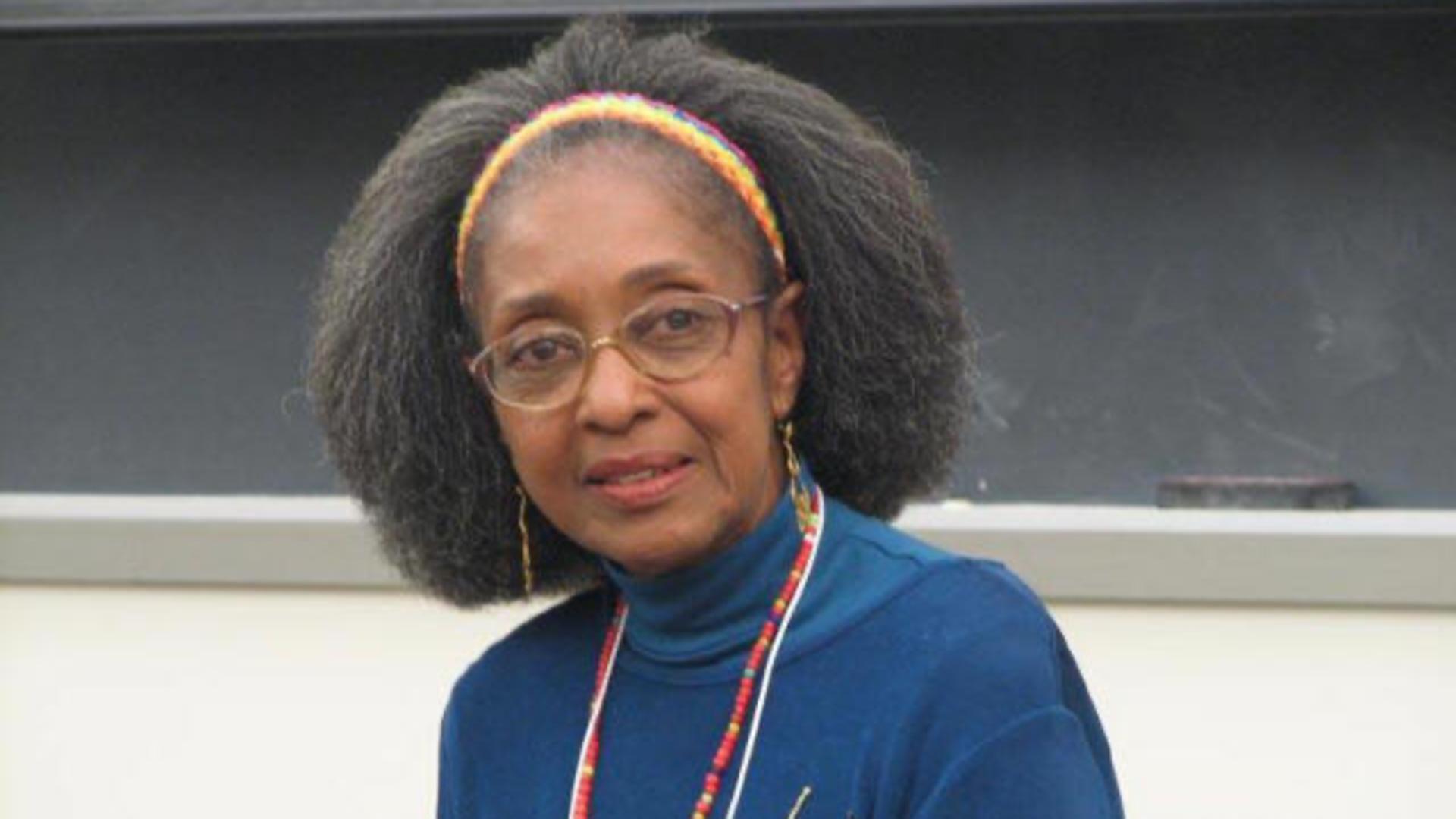
A present day AfroCuban woman seeks her roots through her family history. Old photos, newspaper clippings jealously guarded by her grandmother, and her mother's stories reveal her great-grandparents' history.
The historical truth raises the curtains through a love story. Reality and fantasy get mixed in, but all the elements integrated into the narration point towards the central figure, the woman, and to a moving chapter of turn of the century Cuba, when there occurred a violent repression of the AfroCubans who protested out of the frustration that fell over Cubans after the War of Independence.
Thousands of descendants of Africans dedicated their lives to the struggle against Spanish colonialism in Cuba. They also fought against the slave system which kidnapped men, women, and children from the African continent and converted them into anonymous cogs of the sugar and coffee plantations. In the War of Independence (1868-78 and 1895-98), AfroCubans joined the Liberation Army (the Mambises) following the ideas of important leaders such as Jose Marti, but also inspired by the example of the Black generals of the War, such as Antonio Maceo, Quintin Banderas, and many others. Unfortunately, at the turn of the century, AfroCuban veterans felt the contempt of a Republic born distorted and completely alienated from the principles raised up by Jose Marti: "One Republic with everyone and for the good of everyone." Racism was part of official injustice.
The process of cultural, economic, and political marginalization of Blacks in Cuba at thedawn of the present century is connected at a deep level with the fate of other African Americans up and down the continent. Peruvian, Uruguayan, Venezuelan, Columbian, North American, Argentinian, Brazilian, and other Blacks saw themselves deprived of their place of honor in the official history of their own countries.
The protest organized by AfroCubans in 1912 was beaten back by the National Army itself and ended in a real human massacre which had its main scene in Oriente Province. This is the synopsis of the story our central figure is going to discover through her family.
- Year2001
- Runtime51 minutes
- LanguageEnglish
- CountryHaiti
- DirectorGloria Rolando
A present day AfroCuban woman seeks her roots through her family history. Old photos, newspaper clippings jealously guarded by her grandmother, and her mother's stories reveal her great-grandparents' history.
The historical truth raises the curtains through a love story. Reality and fantasy get mixed in, but all the elements integrated into the narration point towards the central figure, the woman, and to a moving chapter of turn of the century Cuba, when there occurred a violent repression of the AfroCubans who protested out of the frustration that fell over Cubans after the War of Independence.
Thousands of descendants of Africans dedicated their lives to the struggle against Spanish colonialism in Cuba. They also fought against the slave system which kidnapped men, women, and children from the African continent and converted them into anonymous cogs of the sugar and coffee plantations. In the War of Independence (1868-78 and 1895-98), AfroCubans joined the Liberation Army (the Mambises) following the ideas of important leaders such as Jose Marti, but also inspired by the example of the Black generals of the War, such as Antonio Maceo, Quintin Banderas, and many others. Unfortunately, at the turn of the century, AfroCuban veterans felt the contempt of a Republic born distorted and completely alienated from the principles raised up by Jose Marti: "One Republic with everyone and for the good of everyone." Racism was part of official injustice.
The process of cultural, economic, and political marginalization of Blacks in Cuba at thedawn of the present century is connected at a deep level with the fate of other African Americans up and down the continent. Peruvian, Uruguayan, Venezuelan, Columbian, North American, Argentinian, Brazilian, and other Blacks saw themselves deprived of their place of honor in the official history of their own countries.
The protest organized by AfroCubans in 1912 was beaten back by the National Army itself and ended in a real human massacre which had its main scene in Oriente Province. This is the synopsis of the story our central figure is going to discover through her family.
- Year2001
- Runtime51 minutes
- LanguageEnglish
- CountryHaiti
- DirectorGloria Rolando